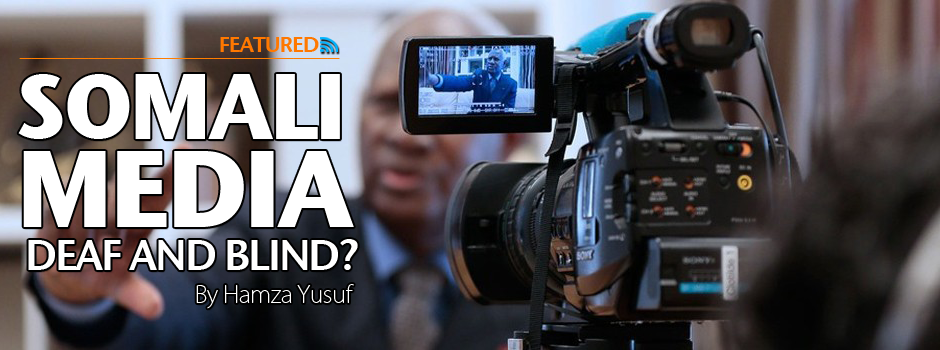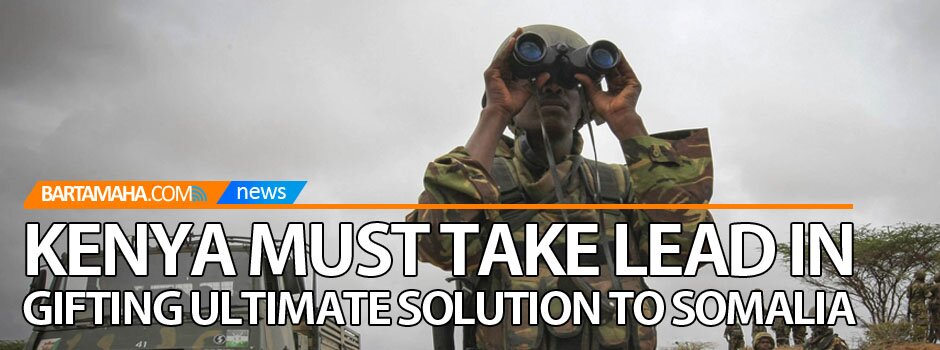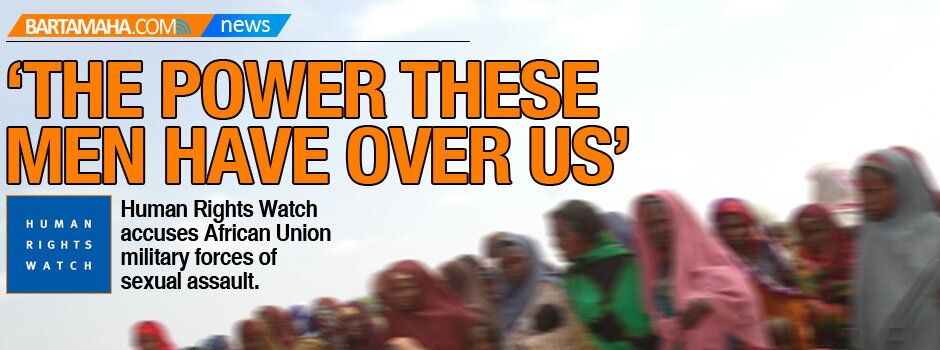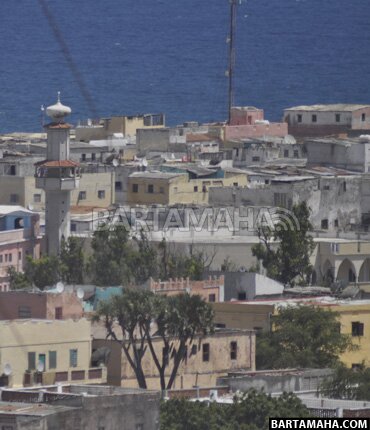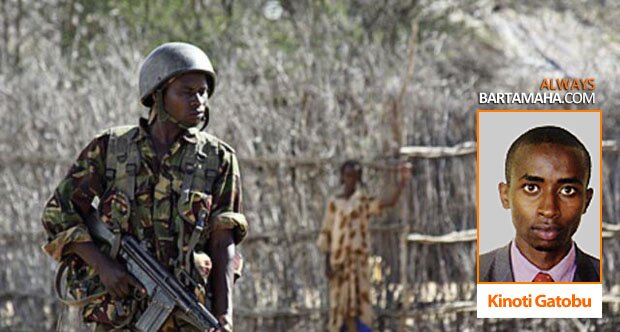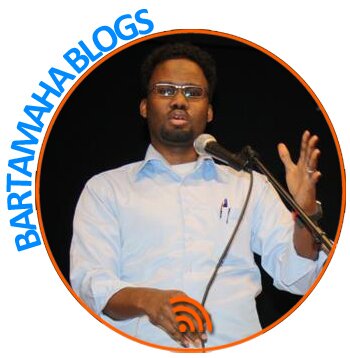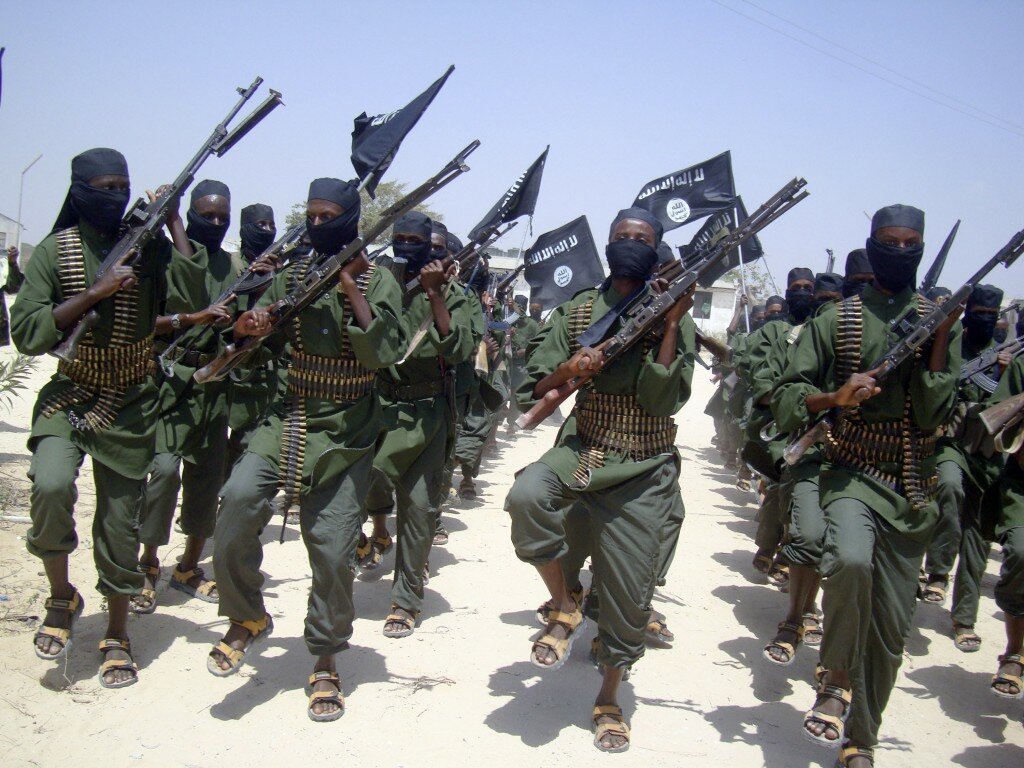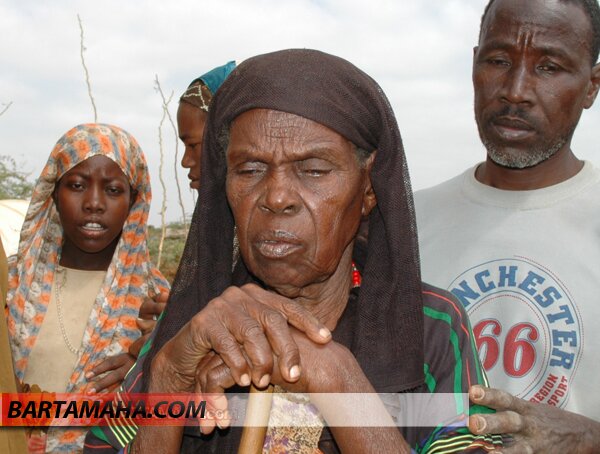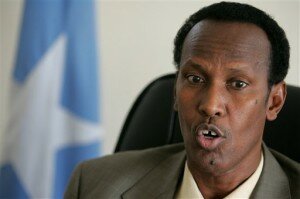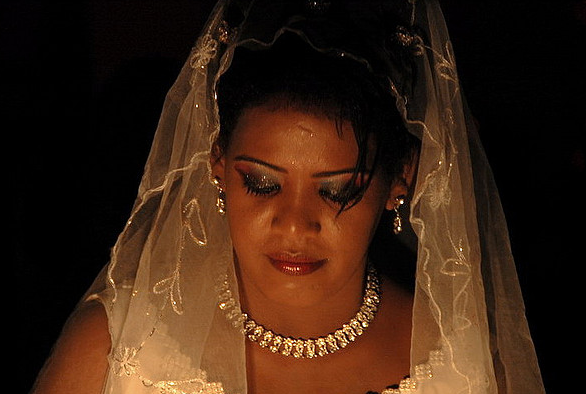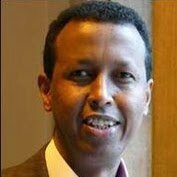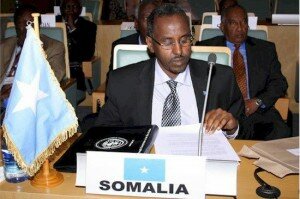When Ethiopia invades Somalia, Minnesota takes a hit
 It sounds a bit roundabout at first, but if Minnesotans truly want to know why Minnesota became a breeding ground for young Somalis who take up arms with Somalia’s extremist militias, we need to look first at Ethiopia.
It sounds a bit roundabout at first, but if Minnesotans truly want to know why Minnesota became a breeding ground for young Somalis who take up arms with Somalia’s extremist militias, we need to look first at Ethiopia.
Specifically, we need to scrutinize U.S. foreign policy towards Ethiopia, which the U.S. has supported with millions of dollars in annual aid for many years.
Connecting the dots is always hard in the Horn of Africa, and therefore also in Minnesota, which has one of the world’s largest diaspora populations from the Horn of Africa, including refugees from Ethiopia, Somalia, Eritrea, Sudan and Kenya.
Fortunately, a new policy paper from the Council on Foreign Relations does an excellent job of connecting the dots by drawing a bright line connecting U.S. financial and military support for Ethiopia and the rise of Islamist militant groups in Somalia, of the type that recently attracted 20 Somalis living in Minnesota to join.
Somali Militias
Five of those young men have died in the fighting, and one of the largest domestic terrorism investigations ever in the U.S. is underway to determine how Somalis in Minnesota and other states are recruited to fight with Islamist Somali militias.
The connection to Minnesota is implicit in the CFR paper but deeply compelling. It is so because the report clarifies how U.S. support for Ethiopia is a key component – possibly the most critical one – contributing to the radicalization of young Somalis living both inside Somalia and in the global Somali diaspora, such as in Minnesota.
The paper’s very first sentences provide the context for that claim:
“U.S. strategic interests in the Horn of Africa center on preventing Somalia from becoming a safe haven for al-Qaeda or other transformational jihadist groups. In pursuing its counter-terror strategy, the United States has found common cause with Ethiopia … But the Ethiopian government’s behavior in recent years, both domestically and in bordering states, poses mounting difficulties for the United States and its long-term goals in the region.”
Ethnic Federalism
For many years, a firm partnership with Ethiopia has been the cornerstone of America’s presence in the Horn of Africa. In a global neighborhood where several countries – Sudan, Somalia and Eritrea – have either harbored (in the case of Eritrea) or been led by Islamists, Ethiopia is the one country that has openly declared its steadfast opposition to such groups. In return, it has received substantial U.S. aid annually, much of which is spent to support and train the Ethiopian army.
The present Ethiopian government, led by Prime Minister Meles Zenawi, came to power in 1991 by overthrowing the brutal regime of Mengistu Haile Mariam.
Initially, hopes ran high in Ethiopia that under Meles the country would peacefully unite in a multi-party democracy based on “ethnic federalism,” with the country divided into nine ethnic-based regional states. Instead, throughout the 1990s, the Meles government increasingly showed its willingness to suppress dissent through social and economic discrimination and sometimes through extreme violence.
The CFR paper cites numerous such examples, which since 2005 have become more frequent, overt and severe. That year, the Ethiopian army was deployed to violently put down protests of suspected fraud in Ethiopian national elections. Uniformed Ethiopian troops in Addis Ababa, the Ethiopian capital, met the election’s protesters in the streets, detaining thousands, arresting hundreds, and killing dozens.
Counter-Terror
Not holding Ethiopia accountable for massive human rights abuses in the ethnically-Somali Ogaden region of Ethiopia, where Human Rights Watch and other groups have documented widespread crimes against humanity, has also cost the U.S. dearly throughout the region by cementing anti-American sentiment and encouraging extremism, the CFR report says.
The breakdown of legitimate rule in Ethiopia has progressed so far, the report says, that supporting Ethiopia may now be undermining America’s counter-terrorism goals in the Horn of Africa.
That is especially true with American efforts to eradicate Somalia Islamist extremism.
In 2006 and 2007, with significant U.S. financial and military support, the Ethiopian army invaded Somalia, ousting the country’s Islamist government and helping install a government that remains highly dependent on Ethiopian aid and direction.
Replacing Somalia’s Islamist government, using the Ethiopian army as a proxy for American power, served U.S. counter-terror goals in the Horn of Africa.
The Shabaab
But that achievement may have come at too high a price, the CFR report says:
“U.S. reliance on Ethiopian military might and intelligence has served to exacerbate instability in Somalia. Ethiopia’s invasion of Somalia, and the extended presence of Ethiopian troops in Mogadishu, instead of quelling conflict, has triggered a local backlash that has served as a rallying point for local extremists.”
Which is precisely where the dots connect back to Minnesota:
“It was the development of a complex insurgency against Ethiopian occupation that effectively catapulted a fringe jihadist youth militia, the Shabaab, to power in Somalia. International jihadists have now capitalized on the local insurgency, and on U.S. support of the Ethiopian invasion, as an opportunity to globalize Somalia’s conflict.”
In other words, the anti-American backlash to the U.S.-supported Ethiopian invasion of Somalia was not only local within Somalia – it was global. It was Minnesotan.
Several journalistic accounts have established that many of the Somali men who left Minnesota to join the Shabaab were actually becoming well-assimilated to American society, holding down jobs, attending college, and planning professional careers.
It was only their outrage that their homeland had been invaded by U.S.-supported Ethiopia that stirred them to abandon Minnesota to fight halfway around the world.
Ours is a world without borders to the flow of money, arms, soldiers and suffering.
Our individual actions and collective policies should flow from that fact.
_____
Douglas McGill has reported for the New York Times and Bloomberg News–and now the Daily Planet. To reach Doug McGill: . And visit The McGill Report at www.mcgillreport.org.
Comments
comments
 Calendar
Calendar





